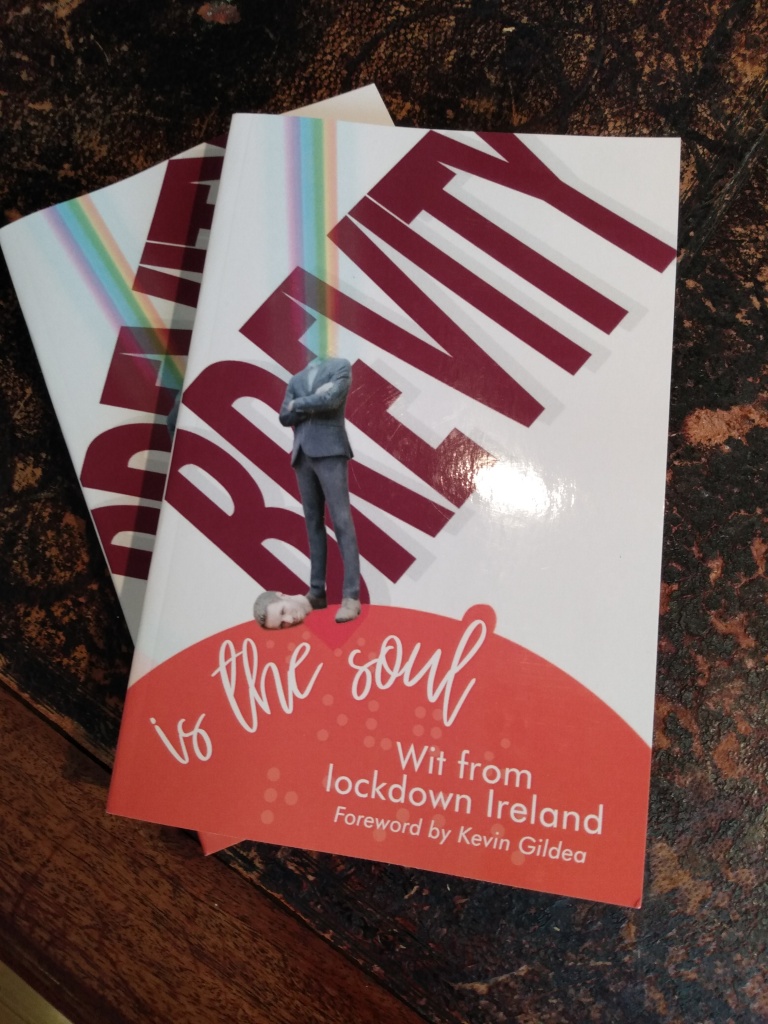This is a piece I wrote for the Irish Independent in April 2022, trying to capture the essence of the soon-to-depart Liverpool manager, why he’s so good at his job and why he captivates people so much. In short, he’s like the ideal Dad figure all of us secretly want… Thanks for eight years of brilliant, lifelong memories, big man.
Is Jurgen Klopp the greatest manager in modern-day football? It would take better minds than mine to answer that. What I do know is that he’s one of the most interesting characters in sport, and public life, that we’ve seen in a long time.
The German’s Liverpool team take on Manchester City this weekend in what’s essentially a title-decider. Win at the Etihad Stadium and the seemingly-impossible quadruple is very much on. Lose and it’s still on, but less likely.
The odd, and wonderful, thing about this Klopp era at Liverpool is that, ultimately, victory doesn’t really matter. It’s been a wild ride since he took over in late 2015: the man promised “heavy-metal football” and that’s what we’ve got – exciting, full-on, pedal-to-the-metal thrills all the way. If Klopp’s vision of the game was a movie genre, it’d be action-adventure, with plenty of explosions, funny quips and buddy-cop bonding.
Cups come and go. Someone always has to lose. What Klopp’s teams create are generational memories. The City juggernaut may secure more trophies over his tenure, but Liverpool fans will never forget this time, long after the record books have grown dusty.
How does he achieve this? How, indeed, does he even compete with a precision-tooled, billion-dollar-value machine like Man City, on a considerably smaller budget in an industry where money nearly always counts most?
As simple as this: Klopp gets the absolute best out of almost everyone working for him. He makes good players better, helps great ones reach their peak, rejuvenates lost causes and hopeless cases – and, more miraculously, somehow keeps squad members happy all the while, satisfied to be part of something greater than themselves even when not featured regularly.
And he does this is an unusual way. Klopp breaks the mould somewhat, in that he’s not quite the hard-assed drill sergeant sort of boss – hello, Alex Ferguson – nor the “Hey I’m just one the guys” people-pleaser Brendan Rodgers kind.
He’s neither and both at the same time. He’s quick to give someone a good old-fashioned bollocking if they’re slacking off, quicker still to put an arm around their shoulder when they need comforting. Klopp is quick to anger and quicker to laugh.
He shouts and smiles, he fights and makes up, he’s often thoughtful and sometimes a bit crazy. He’s as likely to embrace someone in a bear-hug as shake his fist at the referee, his charges, the universe itself.
People bust a gut for Klopp because they know he values effort and honesty, and will reward it – but will also punish its absence. His managerial way seems, on a fundamental level, very fair: give your best and I’ll give you your dues; swing the lead and I’ll chew you out. In the end, most people are happy enough with that.
In short, Klopp is the “tough but fair” father-figure. There’s a significant crossover between the two realms; in some ways, managers are surrogate parents for their players, many of whom have foregone a “normal” childhood and entered the adult world of work before reaching adulthood themselves.
Klopp, I think, taps into some unspoken pro-athlete need for a symbolic Dad. And he’s the perfect kind, the one everyone wants deep down.
Ferguson was like a terrifying, Old Testament paterfamilias, glowering at the head of the table in some Dustbowl-era novel. Pep Guardiola is the slightly smug technocrat who pedantically corrects all your faults, the fact that he’s always right not making it any less annoying.
Arsene Wenger was the distant-minded academic, big on abstraction and gentle-mannered but not a great man for helping the kids fix their bike. Zinedine Zidane is the cool, easy genius: he won’t give out if you’re not brilliant, but isn’t particularly bothered about helping you improve either.
Klopp is the guy who endlessly encourages – with both stick and carrot – and more importantly, his sheer likeability and huge energy make you want to do better, so as to please him.
He’s the Dad who hollers at you from the sideline, urging you onwards and upwards, insisting that you’re better than you think and never accepting excuses… Then at the end, after your team has been hammered, he’ll grin, lift you in the air and say, “I’m proud of you. Let’s go for a McDonald’s.”

